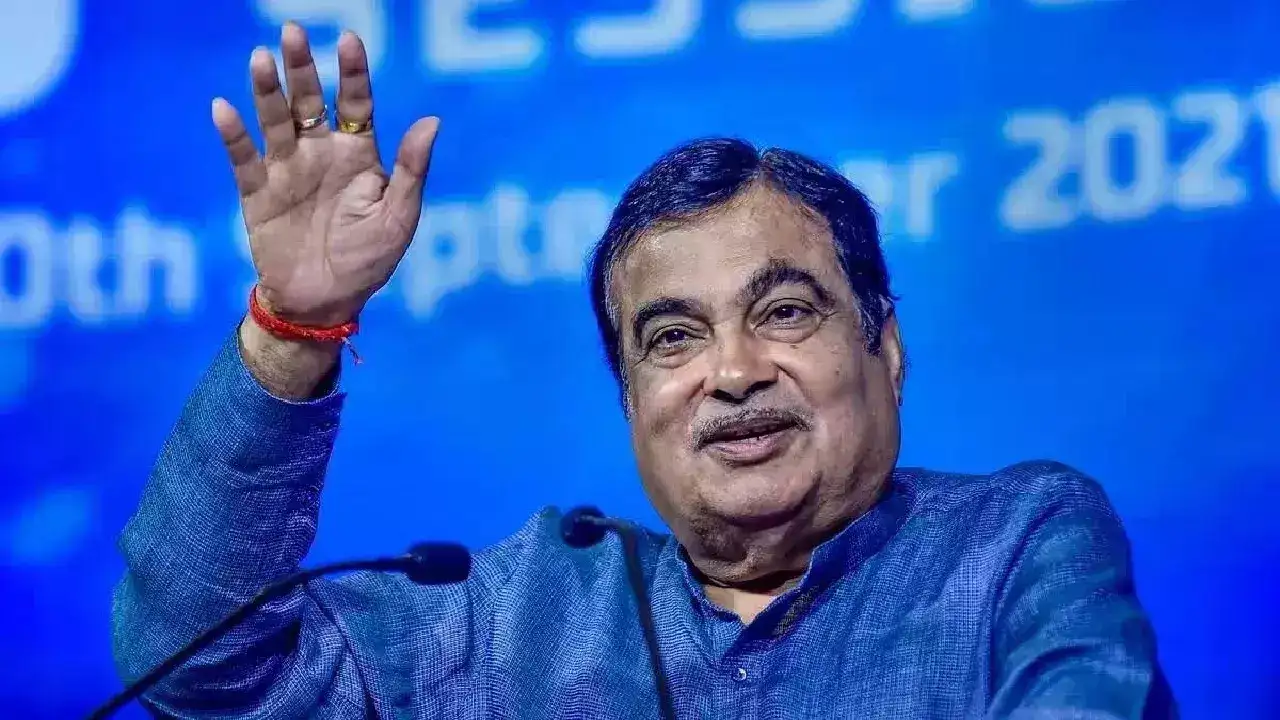By Samannay Biswas
Union Minister Nitin Gadkari has unveiled a visionary plan to revolutionise India’s transport infrastructure with an array of futuristic mobility solutions—from electric rapid mass transit systems and hyperloop corridors in cities, to ropeways and cable cars in remote terrains. Speaking to news agency PTI, Gadkari said the government is committed to curbing pollution, reducing logistics costs, and enhancing regional connectivity, while creating world-class infrastructure powered by green technologies. “We are driving innovation. A revolution in mass mobility is underway,” Gadkari said, highlighting the pivotal role of technology, sustainability, and accessibility in reshaping India’s transport future. What’s in the Mobility Roadmap? Electric Buses & High-Speed Public Transit: Gadkari confirmed that 135-seater electric buses are being tested in Nagpur, capable of speeds of 120–125 km/hr and fast-charging in 30–40 minutes. These premium e-buses, with AC and aircraft-style seating, will soon operate on key intercity routes such as Delhi-Jaipur and Mumbai-Pune. Urban Hyperloop and Pod Taxi Projects: Pilot initiatives like hyperloops, Metrino pod taxis, and pillar-based transport are on the cards for Delhi and Bengaluru, aiming to introduce high-efficiency, low-emission alternatives to metro systems. Ropeways and Funicular Railways: The ministry is working on 360 ropeway and funicular railway projects, with 60 already underway. These systems are crucial for hill regions like Kedarnath, providing safe, all-weather mobility in tough terrains. Road Infrastructure Expansion: India’s national highway network has grown from 91,287 km in 2013-14 to 1,46,204 km in 2025, Gadkari stated. The aim is to build 100 km of highways per day, with 25,000 km of two-lane roads set for four-lane upgrades. High-speed corridors have also surged from 93 km in 2014 to 2,474 km currently. Smart Construction & Greening Initiatives: Gadkari stressed the adoption of precast construction, AI-based monitoring, and 3-ft safety barriers for enhanced road quality and safety. The government plans to plant 20–25 crore trees along highways and is working with the environment ministry on a “tree bank” proposal. Green Energy and Flex-Fuel Push To reduce fossil fuel dependency, the transport ministry is promoting flex-fuel vehicles—cars that can run on ethanol and methanol blends. Eleven manufacturers, including Tata, Toyota, Hyundai, and Mahindra, have committed to this shift. “India’s transport sector contributes nearly 40 per cent to air pollution,” Gadkari noted, adding that switching to alternative fuels will cut emissions and lower the ₹22 lakh crore annual fuel import bill. Gadkari’s roadmap reflects a comprehensive mobility revolution—one that integrates clean energy, smart infrastructure, and inclusive connectivity to support India’s economic and environmental ambitions. If implemented effectively, the strategy could place India among the global leaders in sustainable transport innovation.
